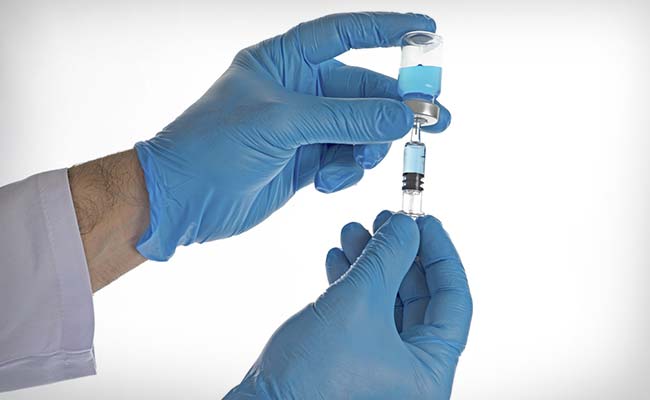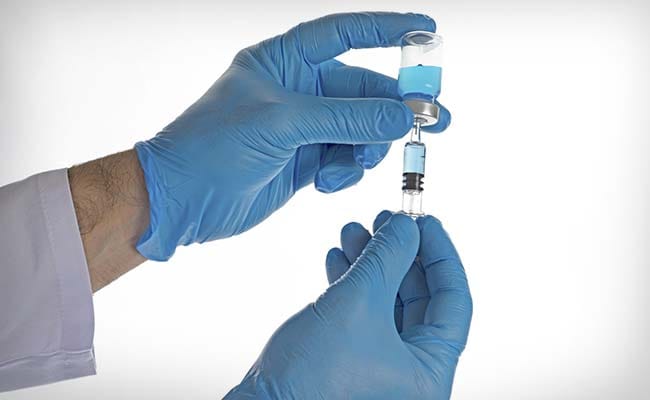Immunization is essential for preventing cancer, especially when it comes to Hepatitis B and the Human papillomavirus (HPV).

Vaccines are essential in avoiding cancer because they strengthen the body’s defenses against illness
Cancers can emerge when cells in the body start to grow and divide quickly without dying. This is known as cancer. Leukemia, melanoma, sarcoma, carcinoma, multiple myeloma, brain and spinal cord tumors, and lymphoma are among the many forms of cancer that can arise in diverse bodily areas. Immunization is essential for preventing cancer, especially when it comes to Hepatitis B and the Human papillomavirus (HPV).
Vaccines are essential in avoiding cancer because they strengthen the body’s defenses against illness. Preventive vaccinations including Gardasil, Cervarix, HBC, HEPLISAV, and Gardasil-9 serve to avoid infections that can lead to cancer. There are variety of vaccines are used for both the prevention and treatment of cancer. Personalized neoantigen vaccines are also being utilized to assist the immune system in identifying and eliminating cancer cells. These vaccines are made from the cells of cancer patients. Additionally, therapeutic vaccinations are being developed with the goal of teaching the immune system to identify and target certain targets within tumours.
About HPV and Hepatitis B vaccine –
Human Papillomavirus (HPV) Vaccine: It is a common sexually transmitted infection that can lead to various kinds of cancers, including cervical, vaginal, vulvar, penile, anal, and oropharyngeal cancers. HPV vaccine works by stimulating the immune system in our body to produce antibodies against the virus, thereby preventing HPV infection and subsequent development of HPV-related cancers. Trials have shown the HPV vaccine to be highly effective in preventing HPV infections and associated cancers with the infection, making it a crucial treatment tool for cancer prevention strategies.
Hepatitis B Vaccine: Chronic Hepatitis B virus (HBV) infection is a known risk factor for liver cancer, also known as hepatocellular carcinoma (HCC). The Hepatitis B vaccine has been instrumental in reducing the burden of HBV infection and its associated liver cancer. By stimulating the body’s immune response against the virus, the vaccine provides long-term protection, thereby reducing the risk of developing Hepatitis B-related liver cancer.
The HPV vaccination is crucial for avoiding cervical cancer and other associated health problems. As there is a clear correlation between postponed vaccination and increased HPV exposure, timely immunization is essential. When given between the ages of 9 and 15, the vaccination has demonstrated significant efficiency, with a rate of 92-95% in preventing cervical cancer. Following the advised vaccination schedule is crucial, as is knowing how many doses to take when. Furthermore, two vaccine kinds are available in India, and it is advised that both boys and girls receive them to guard against illnesses and malignancies linked to HPV.
(Dr. Tushar Patil, Senior Consultant – Medical Oncologist, Sahyadri Super Speciality Hospital, Deccan Gymkhana, Pune)
Disclaimer: The opinions expressed within this article are the personal opinions of the author. NDTV is not responsible for the accuracy, completeness, suitability, or validity of any information in this article. All information is provided on an as-is basis. The information, facts, or opinions appearing in the article do not reflect the views of NDTV and NDTV does not assume any responsibility or liability for the same.




